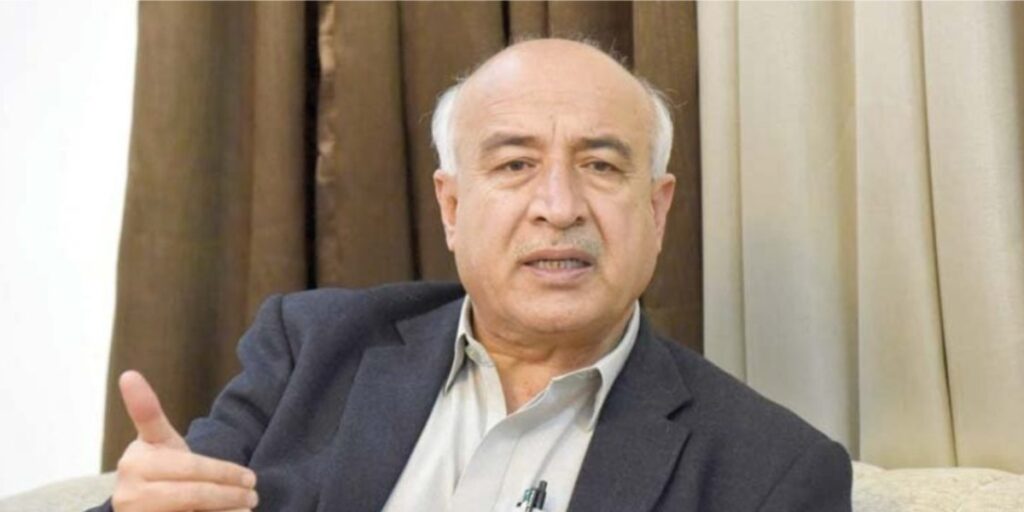QUETTA: The National Party convened a high-level meeting at its Quetta registration office to strategize for the upcoming local government LG elections, with senior leaders launching a sharp critique against the provincial administration for the chronic neglect of the provincial capital.
The meeting, which saw a large attendance including prominent women members like Provincial Education Secretary Sadia Badini, was chaired by National Party Balochistan Provincial President, Aslam Baloch. The gathering included key figures such as Central Secretary Information Ali Ahmed Lango, Central Women Secretary Yasmin Lehri, and Quetta District President Haji Atta Muhammad Bangulzai, signaling the party’s significant focus on the local polls.
In his address, Aslam Baloch delivered a scathing assessment of Quetta’s governance crisis. He pointed out the irony that while all political leaders, bureaucrats, and judges reside in Quetta, none seem to consider it their own city. “Despite being the provincial capital, Quetta is facing basic problems like water, gas, electricity, [and] traffic,” he stated. He condemned the haphazard installation of road walls and containers, which he said causes immense suffering to school children, patients, and the general public.
Baloch attributed this failure to a lack of accountability, accusing the current “imposed rulers” of having no genuine connection with the people. He framed the upcoming local body elections as a critical opportunity for change, urging party workers to mobilize fully to “defeat the mandate-stealing political parties.”
Further briefings on the party’s position in various constituencies were provided by central committee member Haji Abdul Samad Rind, Ali Ahmed Lango, and Jalil Advocate. The meeting served as a clear rallying cry for the National Party, positioning itself as the local alternative to what it describes as an disconnected and unaccountable ruling class.
The National Party has declared it will vigorously contest the upcoming local government elections in Quetta’s Chiltan Town (PB-44), positioning the vote as a battle to reclaim its political stronghold from “unrepresentative” figures imposed through disputed means.





